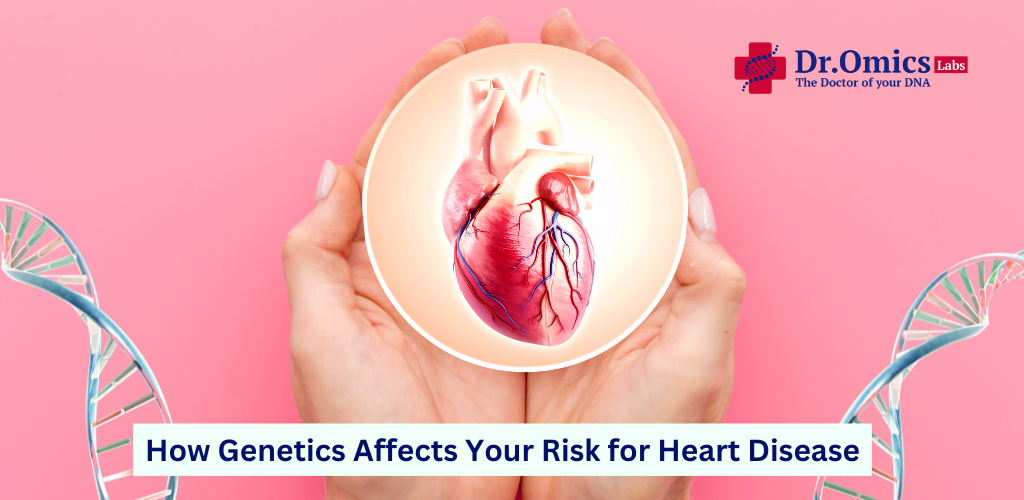Heart disease is one of the leading causes of death worldwide. While lifestyle factors like diet, exercise, and smoking play a big role, many people don’t realize that genetics can also influence your risk. In fact, your DNA may hold important clues about your heart health—even if you feel perfectly fine today.
Understanding Heart Disease Genetics
Heart disease genetics refers to inherited traits passed down from your parents that can affect how your heart and blood vessels function. Some people are born with gene variations that make them more likely to develop high blood pressure, high cholesterol, or blood clots. This means even if you live a healthy lifestyle, you could still be at risk.
What Is a Cardiovascular DNA Test?
A cardiovascular DNA test is a simple way to find out if you carry genes linked to heart problems. By analyzing your DNA, doctors can identify certain gene markers that raise your chances of developing conditions like high blood pressure, high cholesterol, or even a stroke.
This type of testing helps uncover your genetic risk for high blood pressure and other heart-related conditions early—often before symptoms start.
Cholesterol and Genetics
You may have heard that eating fatty foods raises your cholesterol, and that’s true—but cholesterol and genetics also go hand in hand. Some people inherit genes that cause high cholesterol even if they eat well and exercise regularly. These inherited conditions, like familial hypercholesterolemia, often run in families and require early treatment.
Genetic Predisposition to Stroke
If you have a genetic predisposition to stroke, it means you carry gene variants that make you more likely to have a stroke in the future. This could be due to genes affecting blood pressure regulation, blood clotting, or inflammation in the arteries. Knowing this in advance gives you the power to act early—through lifestyle changes or medication.
Personalized Heart Health
The goal of genetic testing is to support personalized heart health. Instead of using a one-size-fits-all approach, doctors can create a prevention or treatment plan based on your unique DNA. This might include changes in diet, specific medications, or more frequent checkups.
Pharmacogenomics in Cardiology
Another benefit of genetic testing is understanding how your body responds to medication. Pharmacogenomics in cardiology helps doctors choose the right drugs and dosages based on your genes. For example, some people don’t respond well to common blood pressure or cholesterol medications—pharmacogenomics can help avoid that trial-and-error process.
Conclusion: Your DNA Can Guide Your Heart Health
Your family history and DNA can greatly impact your heart disease risk. Through tools like a cardiovascular DNA test, you can discover your genetic risk for high blood pressure, high cholesterol, or even a genetic predisposition to stroke. More importantly, this knowledge can lead to personalized heart health plans and better outcomes.
Heart disease may run in your family, but with the right information, it doesn’t have to define your future.




